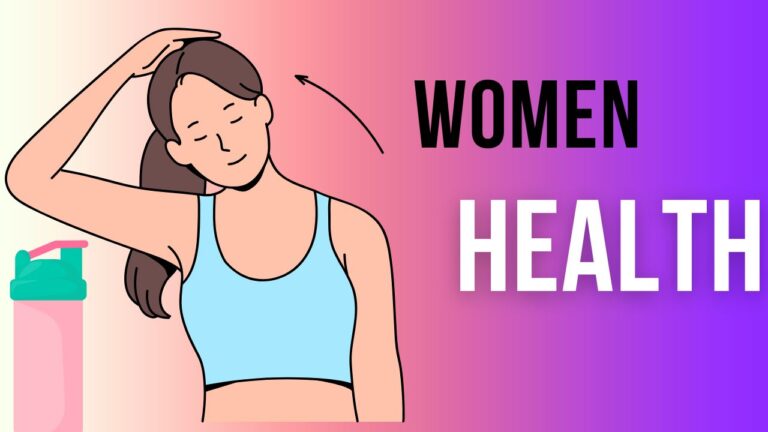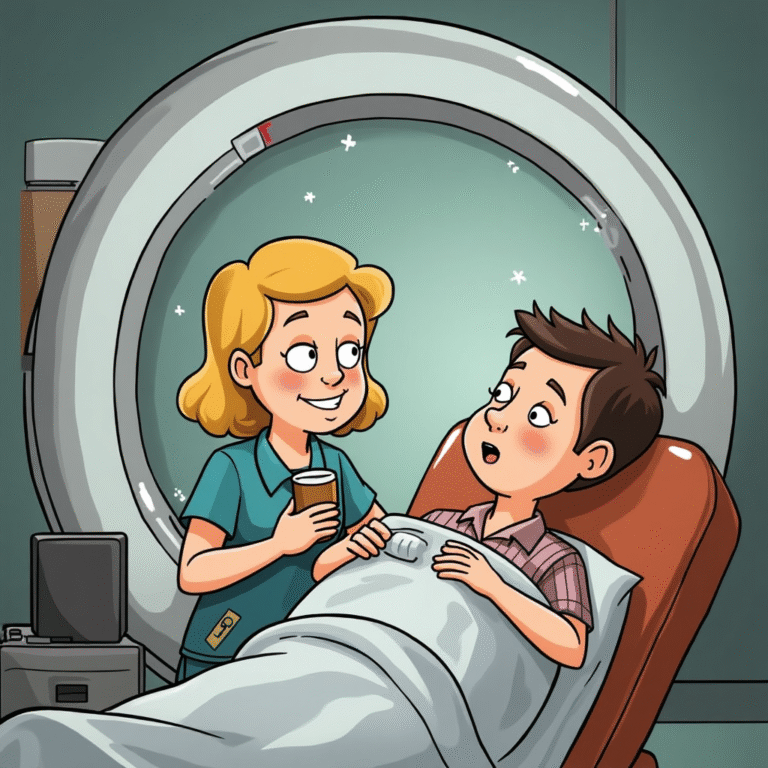Understanding the Most Common Health Problems Men Face
Men’s health often gets overshadowed by work, family, and life’s busyness, but prioritizing it is essential for longevity and well-being. Let’s explore some of the most common health issues men face, and more importantly, how you can take proactive steps to prevent them.
Common Physical Health Issues in Men
Men’s bodies go through a lot, and as they age, certain physical health concerns can arise. Staying informed can make a world of difference in prevention and treatment. Here are the most common health issues men encounter:
Heart Disease
Heart disease is one of the top health threats for men. It’s often related to high cholesterol, blood pressure, and lifestyle factors like poor diet or lack of exercise. While heart disease can sneak up on you, symptoms like chest pain, dizziness, or shortness of breath should always prompt a doctor’s visit. Regular checkups, along with maintaining a healthy lifestyle, can significantly reduce the risk.
Prostate Issues
As men get older, prostate problems become more common. From benign prostate enlargement to prostate cancer, it’s important to be aware of symptoms like painful urination, blood in the urine, or an increased need to go. Early screening is crucial, especially after the age of 50.
Diabetes
Diabetes is becoming more prevalent in men due to lifestyle habits and genetics. Symptoms like extreme thirst, fatigue, or frequent urination might signal the onset of diabetes. If left untreated, diabetes can lead to serious health complications, but with early detection and healthy habits, it can be managed effectively.
Mental Health Issues: An Often Overlooked Concern
Men often struggle with mental health issues in silence, but ignoring mental health can have a lasting impact on both physical and emotional well-being. It’s essential to recognize the signs and take action when needed.
Stress and Anxiety
Men face pressures from work, family, and daily life that can lead to chronic stress and anxiety. Over time, this can take a toll on physical health and relationships. If you find yourself feeling overwhelmed or anxious regularly, it’s important to address it early. Practice mindfulness, talk with a loved one, or consider professional support if needed.
Depression
Depression in men often looks different than in women. It may show up as irritability, withdrawal, or even physical aches and pains. If you’re feeling “off” for a prolonged period, don’t hesitate to speak to a professional. Treatment is available, and early intervention can help you regain balance.
Substance Abuse
In many cases, men turn to alcohol or drugs to cope with stress or mental health challenges. It’s essential to address these issues before they spiral out of control. Support groups, therapy, and counseling are powerful tools in overcoming substance abuse.
Prevention Is Better Than Cure: How to Protect Your Health
While many health problems are inevitable, there’s a lot you can do to prevent them and improve your quality of life. Here’s how to stay ahead of the curve:
Regular Screenings
Routine health screenings are key to spotting issues early. From blood pressure to cholesterol and prostate checks, these screenings can catch problems before they become serious.
Healthy Diet and Regular Exercise
Eating a balanced diet and staying active are the best defenses against many health conditions like heart disease, diabetes, and high blood pressure. Regular exercise not only helps maintain weight but also boosts mood, reduces stress, and improves overall health.
Take Care of Your Mental Health
Managing stress, maintaining social connections, and seeking help when needed are all crucial aspects of mental health care. Don’t hesitate to talk about your feelings or reach out for support—mental health is just as important as physical health.
How to Lead a Healthy Lifestyle: Small Changes for Big Results
Living a healthy life doesn’t have to be complicated. Small, consistent changes in your habits can lead to significant improvements in your overall health. Here’s how you can make a lasting impact:
Get Enough Sleep
Sleep is essential for recovery and overall health. Aim for seven to nine hours of restful sleep each night. Proper sleep improves cognitive function, boosts the immune system, and helps with stress management.
Stay Hydrated
Drinking plenty of water throughout the day keeps your body functioning at its best. Staying hydrated helps with digestion, energy levels, and maintaining healthy skin.
Avoid Harmful Habits
Habits like smoking, excessive alcohol consumption, or poor eating can take a toll on your health. Making small changes, like cutting down on sugar or quitting smoking, can greatly improve your long-term well-being.
Common Health Issues and Prevention
| Health Issue | Common Symptoms | Preventive Measures |
|---|---|---|
| Heart Disease | Chest pain, shortness of breath | Regular screenings, exercise, healthy diet |
| Prostate Problems | Painful urination, blood in urine | Regular prostate exams after 50 |
| Diabetes | Thirst, fatigue, frequent urination | Healthy diet, exercise, regular glucose checks |
| Mental Health Issues | Anxiety, depression, stress | Therapy, stress management, mindfulness |
Frequently Asked Questions (FAQs)
When should men start getting prostate exams?
Men over the age of 50 should begin discussing prostate screenings with their doctor, especially if they have a family history of prostate cancer. For those with a higher risk, screenings may begin earlier.
What are the most common signs of heart disease in men?
Chest pain, shortness of breath, and dizziness are key signs. If you experience any of these, it’s important to seek medical attention right away.
Can diabetes be prevented?
Yes, maintaining a healthy diet, staying active, and keeping your weight in check can significantly reduce the risk of developing type 2 diabetes.
How can men manage stress effectively?
Managing stress involves regular exercise, practicing relaxation techniques like deep breathing, getting enough sleep, and seeking support when needed.
Content Author: Kamrul






